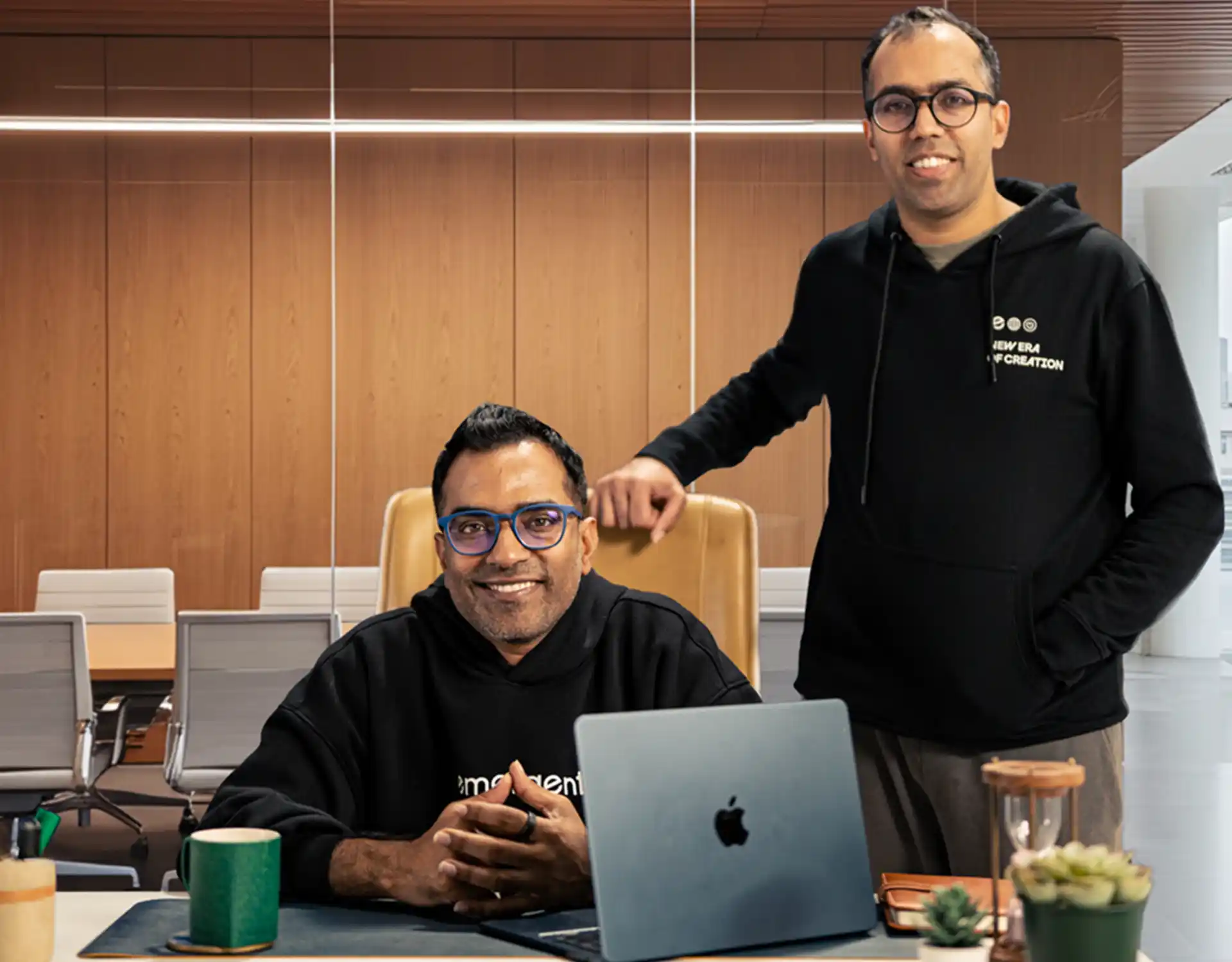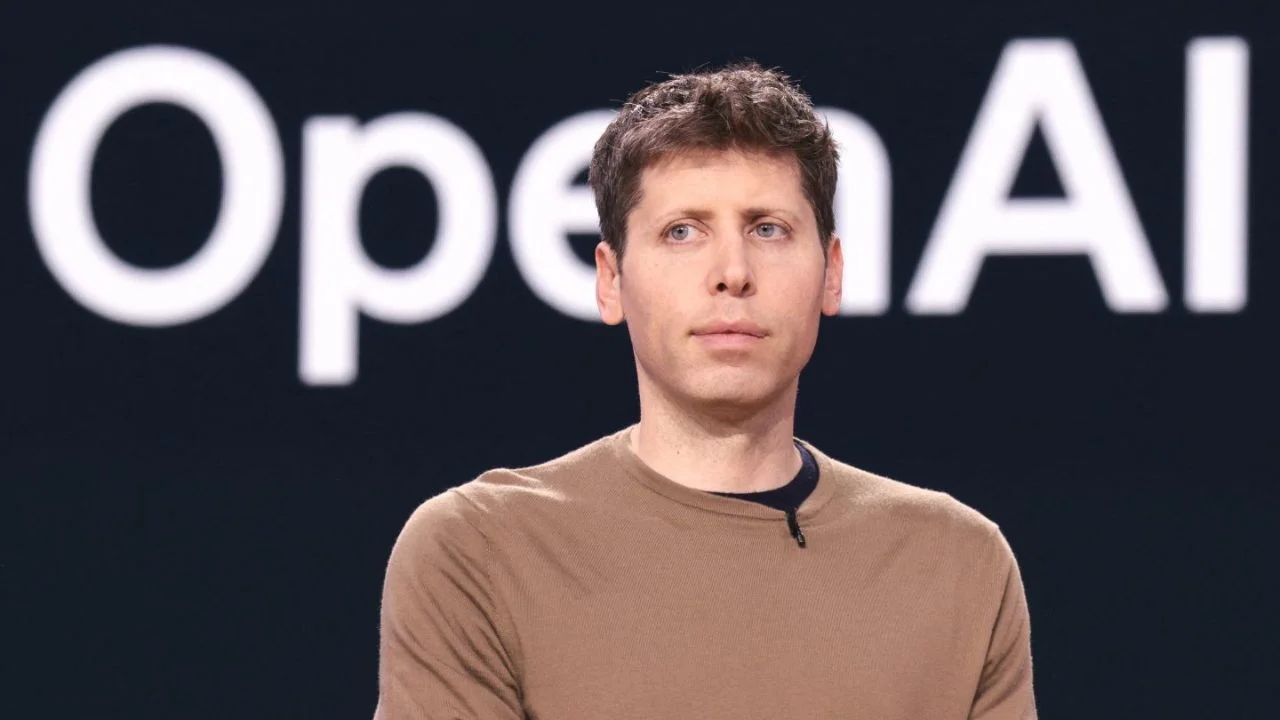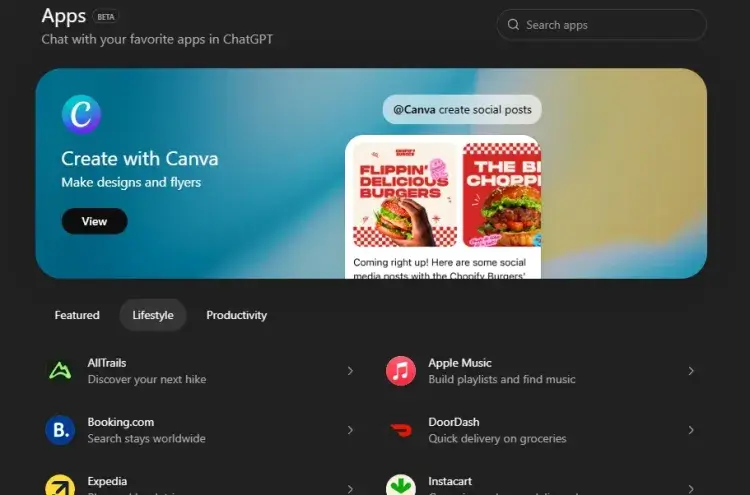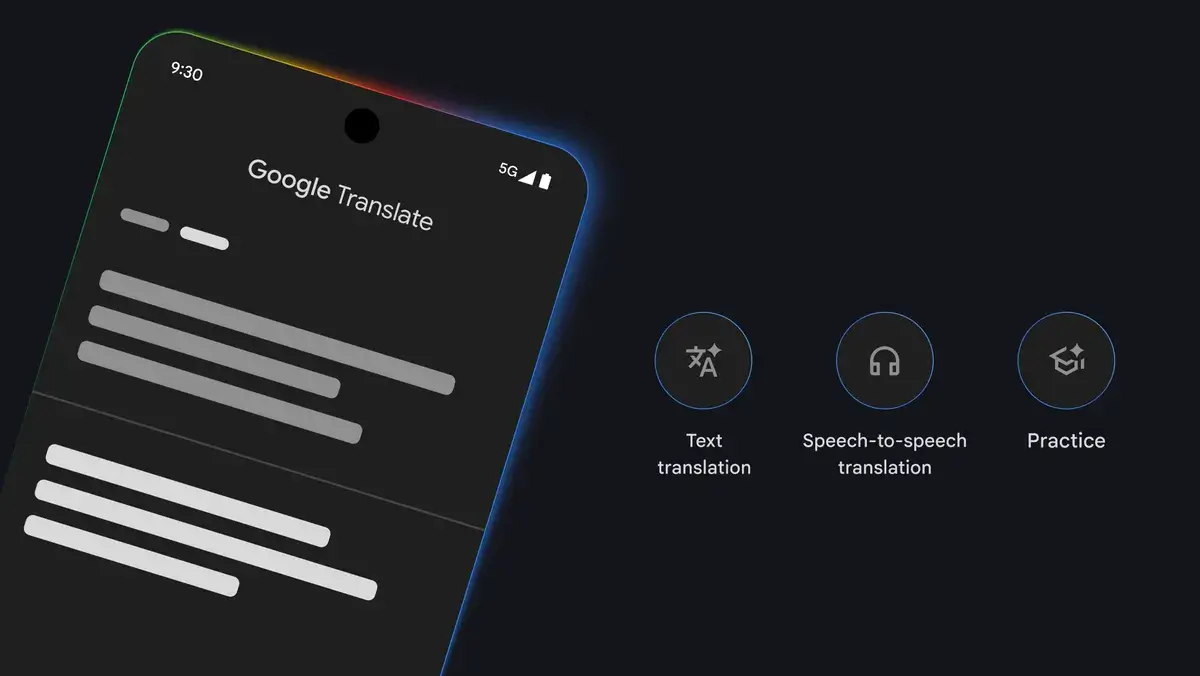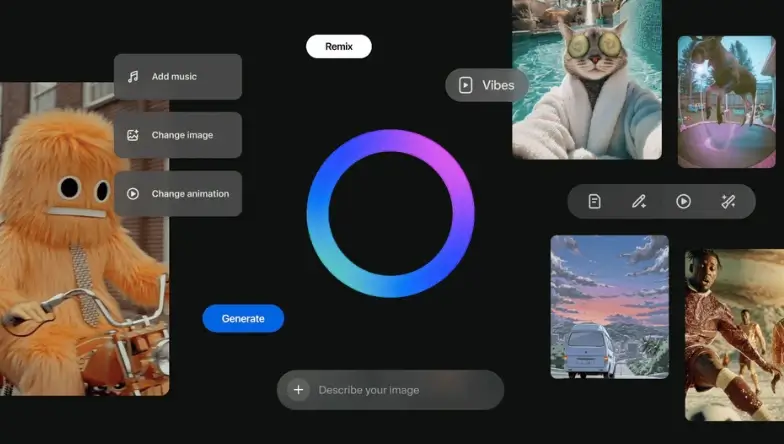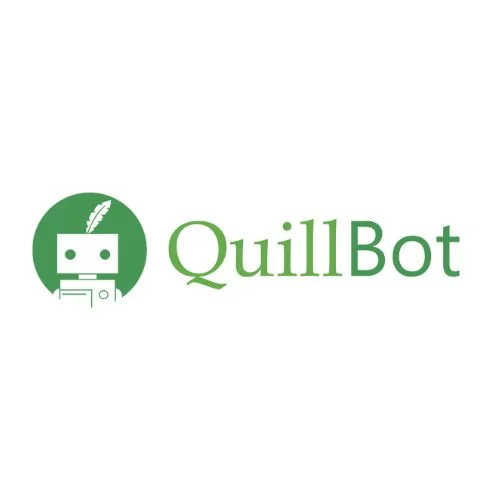Wikipedia Traffic Decline AI Impact on Knowledge Sharing
How human curiosity is being reshaped quietly.

Wikipedia has long been regarded as one of the few reliable corners of the internet. But the free encyclopedia is now seeing human traffic fall, raising questions about how AI and social platforms are changing the way people access knowledge. According to Marshall Miller from the Wikimedia Foundation, Wikipedia pageviews dropped 8% year-over-year, revealing a broader trend in how audiences seek information.
The decline became more visible after Wikimedia updated its bot detection systems, showing that a significant portion of unusually high traffic in May and June came from bots designed to bypass detection. While bot traffic was inflating previous metrics, human engagement is genuinely decreasing, influenced by the rise of AI search summaries and social video platforms.
Generative AI is increasingly providing direct answers within search engines, which means fewer users click through to original sources like Wikipedia. At the same time, younger generations are turning to short-form video platforms to acquire knowledge, often bypassing traditional web pages entirely. While Google disputes the impact of AI summaries on site traffic, the shift is clear: people are spending less time on human-curated content.
Wikipedia’s response has been measured. The foundation recognizes that AI and social media offer new ways to access knowledge. Even if users no longer visit the site, the content created by volunteers continues to reach audiences indirectly. However, this shift brings risks. With fewer visitors, there are fewer new contributors to maintain and expand content, and fewer donors supporting the platform’s operations. Volunteer editors, some of whom have performed remarkable acts in real life, remain the backbone of Wikipedia’s reliability.
To address this challenge, Wikimedia is developing strategies to ensure content attribution and visibility. New frameworks aim to track and credit Wikipedia’s contributions when content is used by AI and social platforms. The organization has dedicated teams focused on increasing readership and engaging volunteers, while actively encouraging public support for human-curated knowledge.
Miller emphasizes the importance of conscious engagement: when searching for information, users should check citations and click through to the original sources. Supporting content creation and integrity isn’t just about donating—it’s about fostering awareness of where reliable knowledge comes from. Every AI-generated summary ultimately relies on material created by human experts, volunteers, and contributors who deserve recognition and backing.
The trend highlights a broader challenge for the digital age: convenience often comes at the cost of depth. Instant AI answers and short social videos are efficient, but they may disconnect users from the broader context, eroding critical thinking and awareness of source reliability. Wikipedia, as a volunteer-driven platform, demonstrates the value of sustained human effort in preserving trustworthy knowledge. Without engagement, these systems risk becoming underfunded and under-maintained, even as their content continues to influence billions.
For readers, the takeaway is clear: supporting reliable knowledge requires active participation. Whether it’s clicking through to Wikipedia articles, sharing verified sources, or encouraging peers to respect human-curated content, these actions maintain the integrity of the information ecosystem. While AI and social media will continue to shape how knowledge is consumed, the foundation of that knowledge still depends on real people.
Wikipedia’s situation serves as a wake-up call. Even the most trusted information platforms can feel the impact of changing digital behaviors. By understanding these shifts, readers can contribute to sustaining human-driven content while enjoying the convenience of AI-assisted discovery. Supporting trusted sources today ensures that the insights of tomorrow remain accessible, accurate, and credited to the people who make them possible.
–
Next time you search online, take a moment to click through to original sources like Wikipedia, support volunteer contributors, and help maintain a world where reliable knowledge thrives alongside AI innovation.
You may like recent updates...
Subscribe & Get Free Starter Pack
Subscribe and get 3 of our most templates and see the difference they make in your productivity.
Free Starter-Pack
Includes: Task Manager, Goal Tracker & AI Prompt Starter Pack
We respect your privacy. No spam, unsubscribe anytime.

